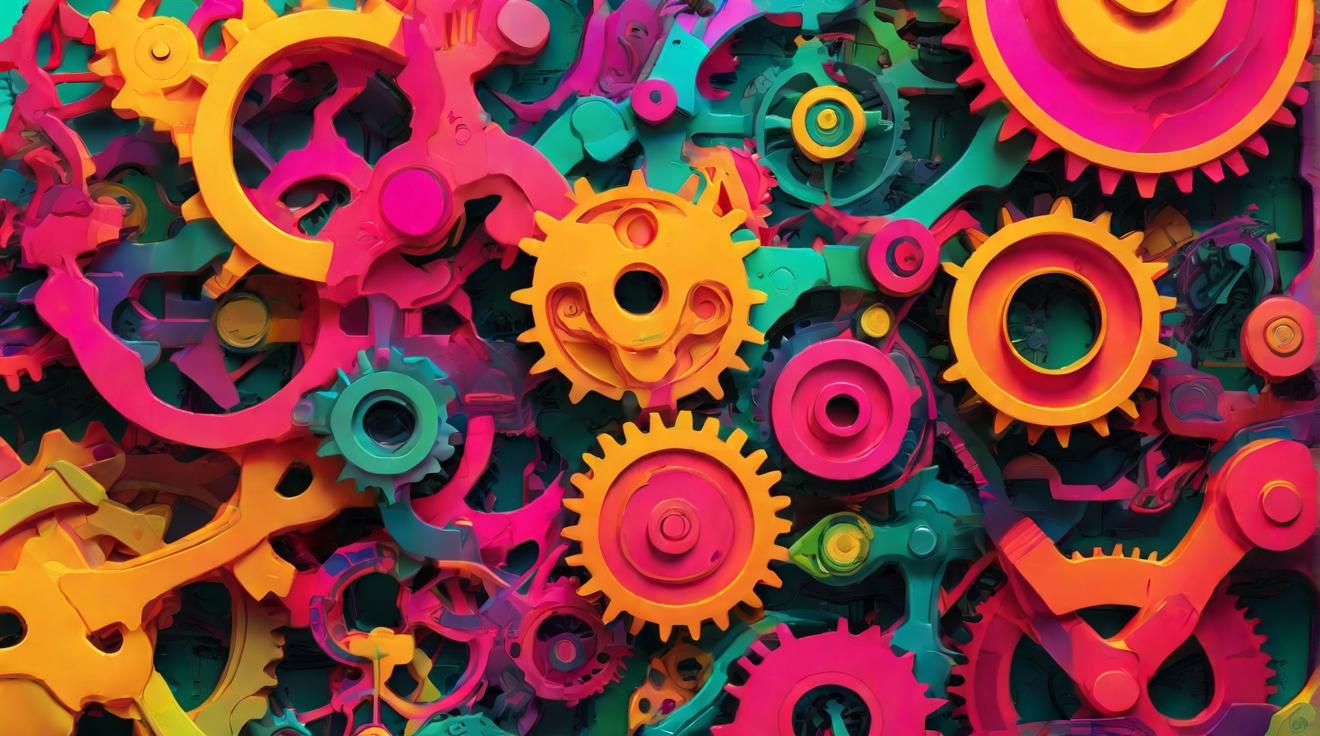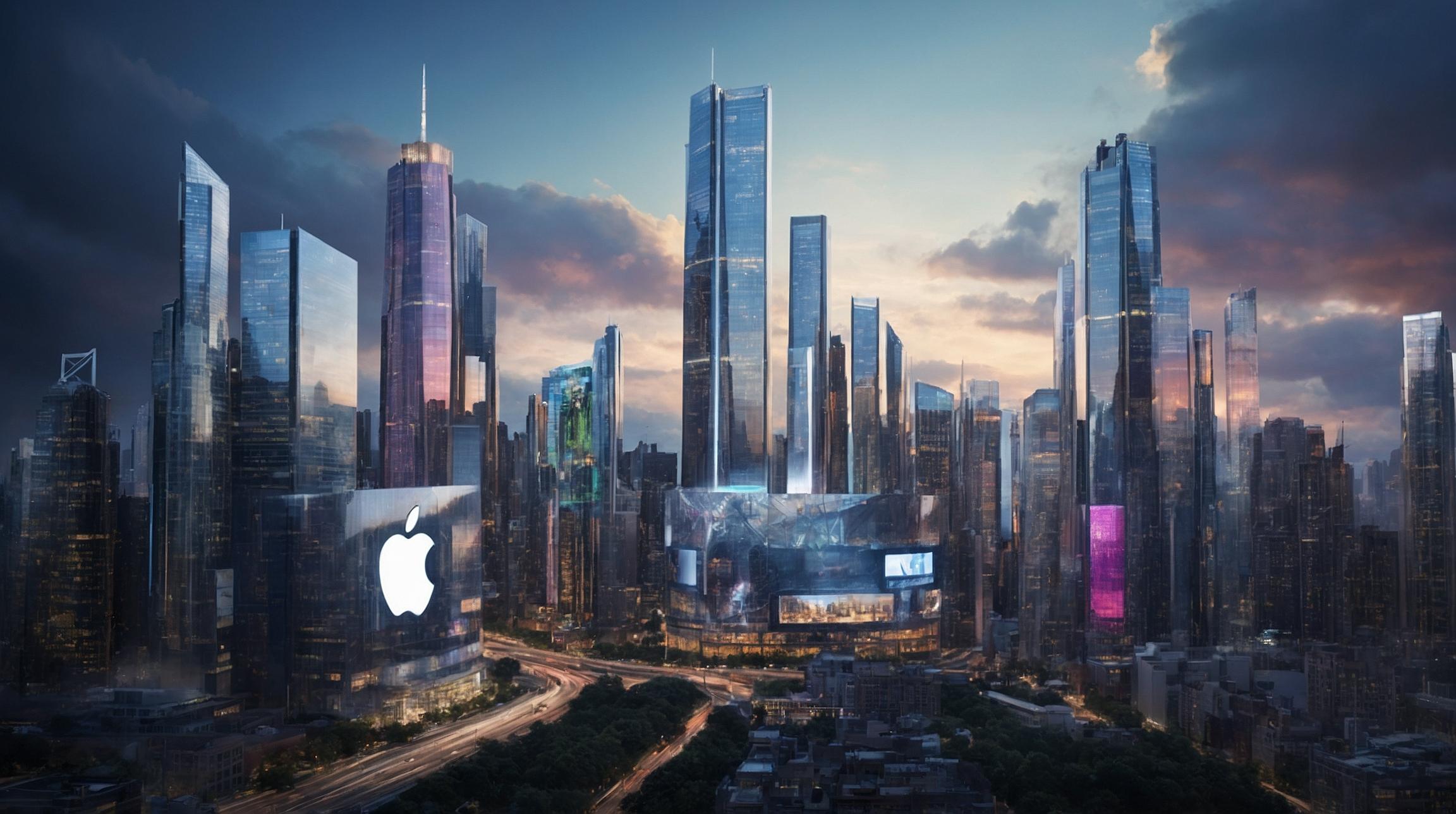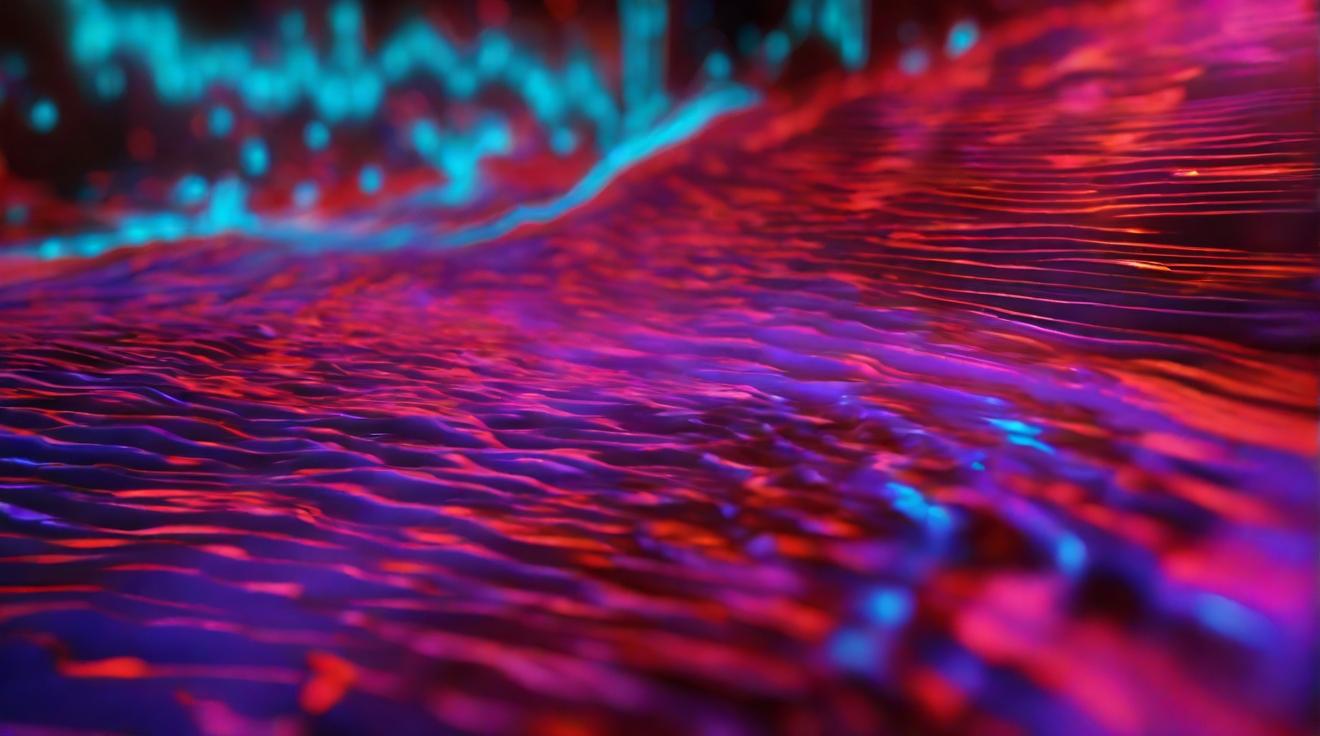Toyota's Advancements in Hydrogen Fuel Cell Technology
Introduction
Hydrogen is hailed as the most abundant element in the universe and holds immense potential as a clean fuel source. With zero emissions except for water vapor, hydrogen fuel cell technology has been in development for over two centuries. However, it is Toyota that has emerged as a trailblazer in this field, revolutionizing the automotive industry with its groundbreaking innovations.
Toyota's Fuel Cell Journey
Toyota's involvement in fuel cell technology dates back to 1992 when the company kickstarted its fuel cell program. By 1995, Toyota had successfully developed its first Fuel Cell Electric Vehicle, showcasing its commitment to sustainable transportation. Over the years, Toyota has made significant strides, and in 2005, the Fuel Cell Hydrogen Vehicle became available for purchase in limited quantities. Fast forward to 2014, and Toyota launched the Mirai in global markets, solidifying its stronghold as a commercial leader in hydrogen fuel cell technology.
The Technology Behind Fuel Cells
Fuel cells operate using Proton-Exchange Membranes (PEMs), which facilitate the conversion of hydrogen and oxygen molecules into water while capturing electrical energy. Toyota has been at the forefront of developing advanced PEMs that allow for colder temperature operation and emit nothing but water vapor. The Mirai, for instance, boasts cutting-edge water management solutions, eliminating the need for a separate humidifier system.
Diverse Applications of Hydrogen
Toyota recognizes the wide-ranging potential of hydrogen beyond automobiles. The company has explored hydrogen's use in generating clean energy for buildings, powering boats, and even prototyping hydrogen-powered trains. Furthermore, Toyota has joined forces with PACCAR to develop zero-emission trucks that will be available nationwide by 2024.
Tri-Gen Facility: A Revolutionary Venture
In collaboration with FuelCell Energy, Toyota has established the Tri-Gen facility in Long Beach, CA. This facility not only produces hydrogen but also generates clean water and electricity. It serves as a testament to Toyota's commitment to reducing carbon footprints and showcases the versatility of hydrogen as an energy source.
Safety Measures and Accessibility
Addressing safety concerns head-on, Toyota ensures that its hydrogen fuel cell vehicles, including the Mirai, undergo rigorous testing. The vehicles feature carbon fiber and glass fiber protection for the hydrogen tanks, along with advanced sensors that prevent ignition in the event of leaks. Moreover, in comparison to electric vehicles, hydrogen fuel cells offer the advantage of using existing fuel infrastructure, enabling quick refueling in a matter of minutes.
Toyota's Vision for a Sustainable Future
Toyota's dedication to hydrogen goes beyond automobiles as it forms a significant part of the company's strategy to achieve carbon neutrality by 2050. Alongside its fuel cell technology advancements, Toyota is also investing in solid-state battery technology, aiming to pioneer a sustainable future for the automotive industry.
With Toyota's unwavering commitment and groundbreaking innovations, hydrogen fuel cell technology is on a transformative trajectory, paving the way for a cleaner and greener future in transportation and beyond.
Analyst comment
Positive news. The market for hydrogen fuel cell technology is expected to grow as Toyota continues to advance the technology and expand its applications. With a focus on safety and addressing concerns, hydrogen fuel cells offer a viable alternative to electric vehicles and have potential for various industries. Toyota’s commitment to hydrogen as part of its carbon neutrality strategy also provides market confidence in the long-term sustainability of the technology.













